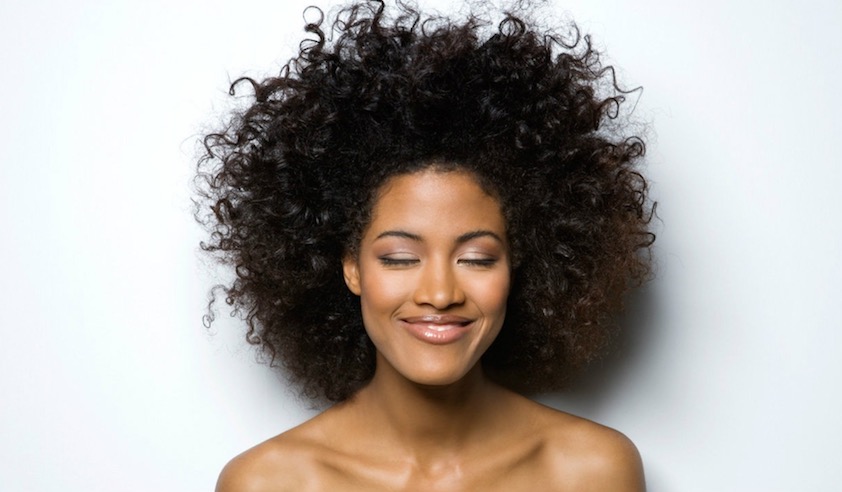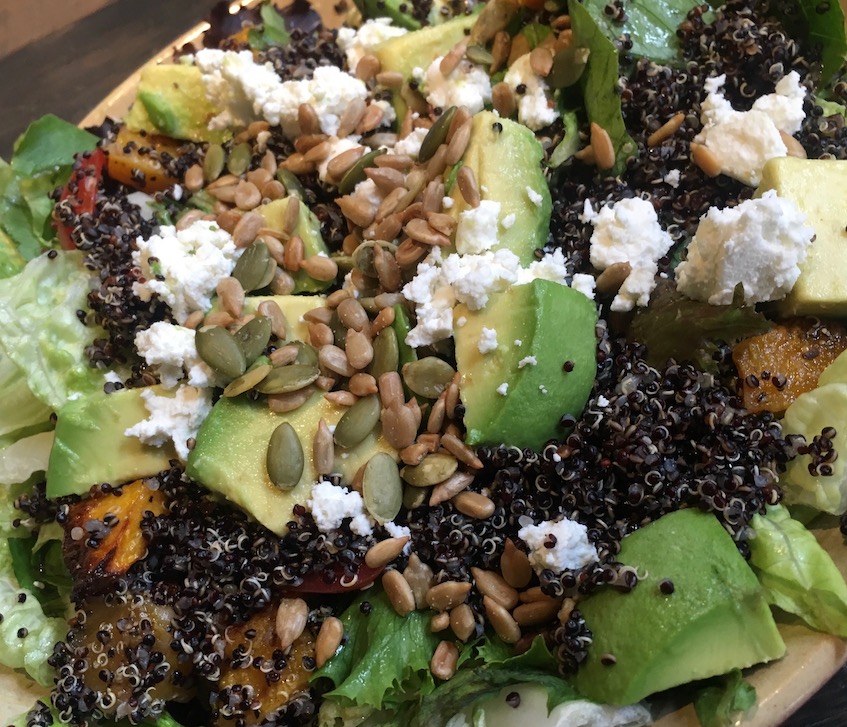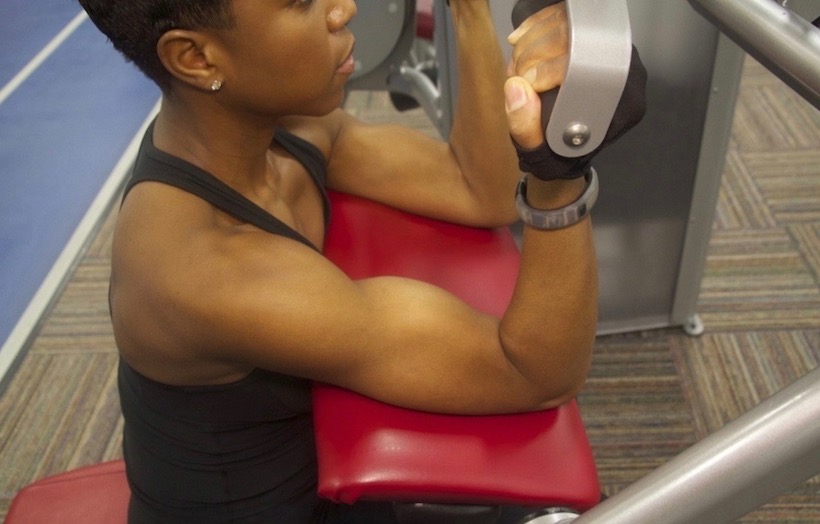Want to know why your hair isn’t growing? Are you experiencing excessive shedding, breakage or other forms of hair loss and don’t know why? While there are numerous inevitable factors associated with hair loss among women and men alike (genetics, aging and disease), in countless cases, poor diet is a major culprit. It’s true! Unbeknownst to many, certain nutrient imbalances can greatly affect the normal cycles of hair growth leading to unwanted signs of hair loss.
So, if you really want longer, naturally healthy hair, start by changing up your daily eating habits in order to optimize your overall nutrient intake. Here are six simple strategies to get you there.
Ensure Adequate Intakes of All the Essential Amino Acids
Amino acids are the building blocks of protein, which is primarily responsible for building, repairing and maintaining all cells in the body, including hair cells. Hair contains very high concentrations of amino acids that support the structural integrity and healthy development of follicles. In fact, deficiencies in amino acids like l-lysine have been shown to cause hair strands to become weak leading to excessive shedding and thinning.
You can obtain all the amino acids you need by including protein-rich animal-based foods or high-quality soy products in your diet. You can also combine a variety of plant-based foods like whole grains, nuts, and beans to get your daily dose of amino acids.
Related Article: Nutrition Basics: Your Daily Protein Intake
Obtain Healthy Doses of Vitamin A from Foods NOT Supplements
Vitamin A is a potent fat-soluble antioxidant that is commonly touted as one of the most important vitamins for healthy hair. However, consuming it in excess can actually result in significant hair loss. Eating a well-balanced diet of foods high in vitamin A will not likely lead to hair loss but taking megadoses in the form of supplements can definitely put you at risk.
To stay within the recommended 600-900 micrograms (mcg) of vitamin A, consume a diet abundant in orange, red and deep green vegetables and fruits including carrots, tomato, mango, kale, and spinach. You can also obtain substantial amounts of vitamin A from organ meats (liver), eggs and dairy products.
Related Article: Supplements Are No Substitute for Good Nutrition
Get an Ample Supply of B Vitamins From Healthy Foods
Deficiencies in certain B vitamins can lead to damaged hair follicles and cause hair loss. In general, these vitamins are crucial for good health and proper functioning of the body as they enable a variety of chemical reactions to take place. The B vitamins that are especially beneficial for hair health include folate (vitamin B9), vitamin B12, and biotin (vitamin BH). Collectively, these vitamins have been shown to prevent hair loss and encourage hair regrowth.
Foods containing folate, vitamin B12, and biotin come in many forms including meats, poultry and seafood, eggs and dairy foods, whole grain cereals and breads, leafy green vegetables, legumes, nuts and seeds. As such, you can get ample amounts of these important vitamins by eating a well-balanced mix of all the major food groups each day.
Related Article: Micronutrients: The Nutritional Building Blocks for Good Health
Boost Your Daily Consumption of Vitamin C-Rich Foods
Vitamin C (ascorbic acid) is a potent water-soluble antioxidant that’s most known for its vital role in immune function. What’s less known is that vitamin C actually stimulates the production of collagen, which is a structural component of protein that’s responsible for building and maintaining strong, healthy hair follicles. In fact, deficiencies in vitamin C can cause your hair to become weak and extremely prone to breakage, which can ultimately lead to hair loss.
You can easily avoid deficiencies and associated effects with everyday consumption of vegetables and fruits especially dark green leafy, yellow and orange, cruciferous vegetables, peppers, citrus fruits, berries, tomatoes, and potatoes.
Keep Tabs on Your Dietary Intake of Zinc
Hair loss is one of the most common side effects of zinc deficiency. Zinc is a vital antioxidant mineral that supports the body’s immune system. Ironically, although too little zinc can lead to hair loss, too much has been shown to substantially inhibit hair growth primarily by suppressing hair follicle development.
The daily intake of zinc in teenagers and adults as recommended by the National Institutes of Health (NIH) is about 8-12 milligrams (mg) depending on gender. These numbers are substantially lower for infants and children ranging between 2 and 8 mg per day. Adequate amounts of zinc can be obtained from meat, seafood, whole grains, seeds, and soy products.
Related Article: Red Meat: Nutritional Friend or Foe?
Incorporate Food Sources of Vitamin E into Your Diet
Vitamin E is a powerful fat-soluble antioxidant that helps prevent free radical accumulation in the body. Free radical buildup has been shown to cause severe damage to hair follicles leading to hair loss. While free radical formation can result from normal bodily functions, environmental toxins like tobacco smoke, ultraviolet rays and air pollution can lead to excess buildup. In addition to its effects on free radicals, vitamin E supports healthy blood circulation and delivery of vital nourishment to hair follicles thereby supporting growth.
You can obtain adequate amounts of this important vitamin by incorporating healthy fats (vegetable oils, nuts and seeds), green leafy vegetables, and whole grains into your diet.
These days, natural hair products come a dime a dozen but what’s on the inside matters most. For fast-growing, naturally healthy hair start by assessing your eating patterns and then make an all-out effort to improve them.







